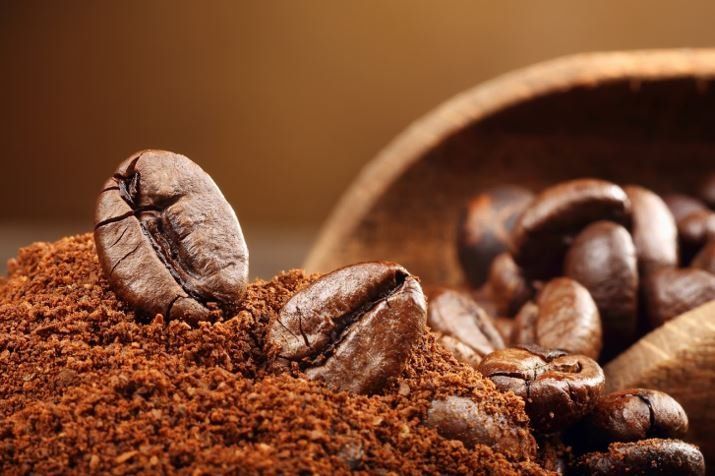Avoid Putting These Items Into Your Septic System
websitebuilder • January 13, 2020

If you live on a residential property that has a septic system, you need to be careful what goes down the drain. Whatever you put down a drain or toilet will eventually end up in the septic tank, and not everything is suitable for a tank. Here are several items you should never put into your septic system -- and how to dispose of them instead.
Feminine Hygiene Products Go in the Garbage
Toilet paper that's designed to break down quickly in a septic tank is safe to flush down a toilet that's on a septic system, but this is about the only paper product that should enter a septic tank. Other items, including feminine hygiene products and wipes, should never enter a septic tank.
Although tampons and some wet wipes are suitable for municipal water systems and will flow through pipes, they'll cause problems in a septic tank. A septic tank won't effectively break down products like this, so they'll just collect at the bottom of the tank. As you flush more of these products, the available volume in the tank will diminish until you need to have your tank pumped out.
If this happens, you'll have to pay for septic tank service more often if people in your household are flushing tampons and wet wipes. How much more often you'll need a service depends on how many people are flushing these products, but your tank's service period will be shortened if even one person is flushing these items.
Discard tampons and wet wipes in the trash instead of sending them down the toilet. If people are queasy about seeing these in the garbage when they use the bathroom, you can get a small covered trash bin that conceals its contents from view for the room.
If you frequently entertain, you may want to make a tasteful sign so that guests know not to flush feminine products or wipes (if they have young children).
Coffee Grounds Go in the Compost Pile
Coffee grounds should never enter your septic tank for two reasons. Not only will they not break down in a tank and take up space like feminine products and waste, but grounds can also throw off your tank's pH. When this happens, the whole system ceases to perform as it should.
Inside a septic tank is a finely tuned ecosystem, in which bacteria process human waste as they feed on it. The bacteria thrive best in a fairly neutral pH, preferring a pH between 6.5 and 7.5. In contrast, the pH of brewed coffee falls somewhere between 4.5 and 6.0
depending on the specifics of a brew. This is more acidic than the bacteria in a tank can tolerate well.
When coffee grounds enter a septic tank, they essentially can brew again. The liquid in the tank won't become anything like a cup of coffee, but the chemicals that leach from the grounds will acidify the tank just as they do tap water when brewing in a coffee pot.
A few stray grounds that fall from a mug when you rinse it aren't likely to significantly impact the pH of your septic tank, for any effect they have will be overwhelmed by other material in the tank. If regularly put grounds down the drain, though, they'll accumulate and make the tank too acidic for its bacteria. If the bacteria can't thrive, nothing in the tank will decompose properly.
The best place for used coffee grounds is in a compost pile, and you can easily start one if you don't already compost. The grounds will naturally decompose into soil, and they'll release nitrogen which is good for many plants as they do. If you don't currently compost, just throw grounds in a pile and they'll begin to compost on their own as nature takes its course.
Ticks Go in Rubbing Alcohol
Ticks, which carry a host of devastating diseases, shouldn't be flushed into a septic tank — but not because it's bad for the tank. Flushing a tick into a septic tank doesn't effectively get rid of the insect.
Ticks don't drown when in water, so you won't kill them if you flush them down your home's plumbing and into the septic tank. Admittedly, flushing will temporarily get rid of a tick because it won't be in your home or yard anymore. It thing will still be alive, however, so it can breed, find its way to your lawn, and bite animals or people again once it does resurface.
An effective way to actually kill ticks is to soak them in an alcohol, such as rubbing alcohol. Alcohol is toxic to ticks and will kill them, and most people have some rubbing alcohol in their house.
Even with the best care, a septic system needs service periodically. To have your septic tank
pumped out, contact Walters Environmental Services.




